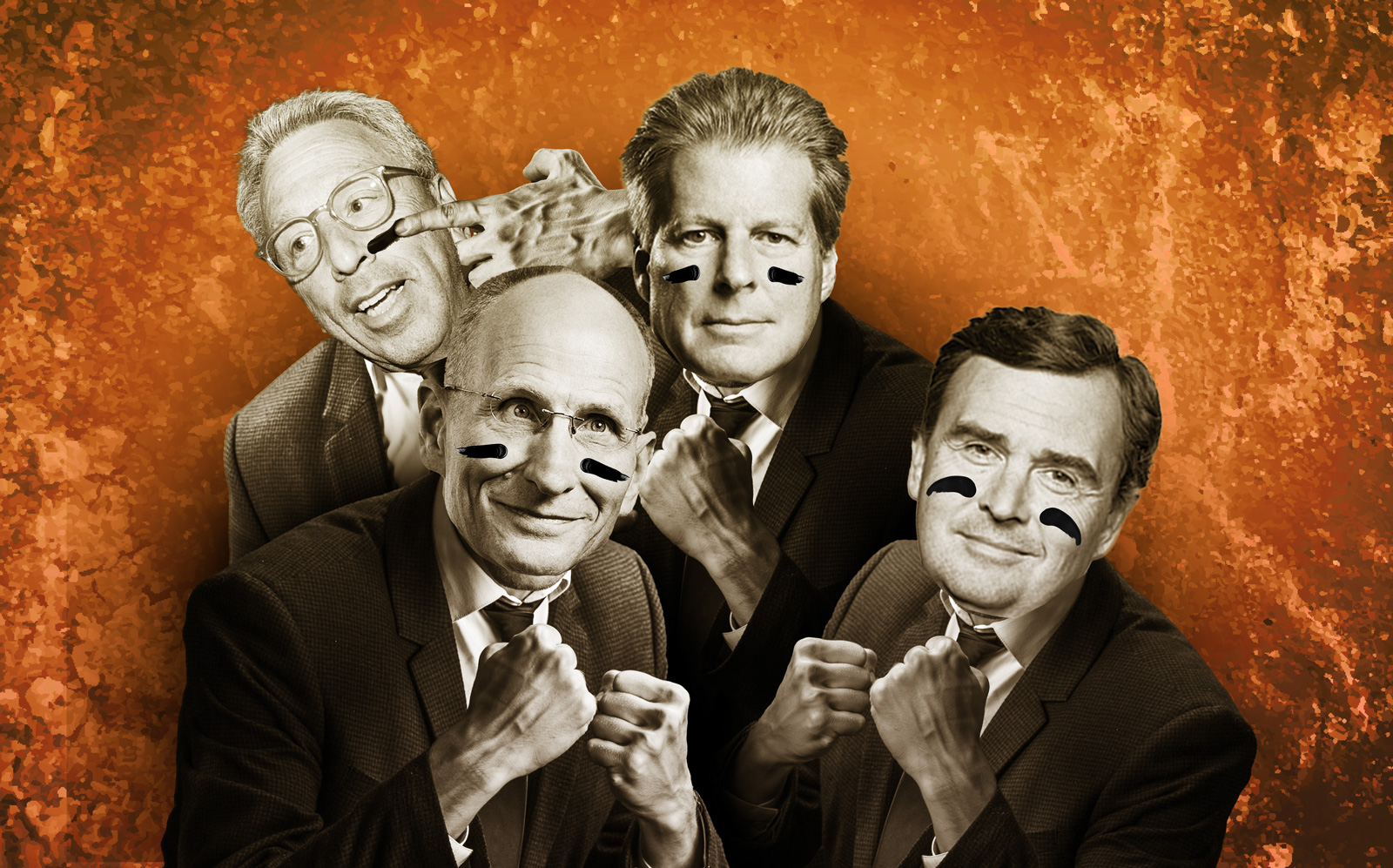Judge to Orange County’s two top two real estate brokerages: enough of the legal fisticuffs.
Superior Court Judge Sheila Recio issued a “directed verdict” in favor of defendant Coldwell Banker, finding that plaintiff First Team Real Estate failed to provide enough evidence during a trial to hand the case to a jury, the Orange County Register reported.
The Feb. 15 ruling ended First Team’s six-year legal battle over large-scale defections to rival Coldwell Banker between September 2015 and June 2017.
The lawsuit by First Team accused Coldwell Banker of launching a stealth campaign to poach 80 agents and managers, who absconded with thumb drives holding “gigabytes” of trade secrets.
First Team led the county in home sales when the defections occurred, but slipped to number two behind Coldwell Banker by last year.
On the 12th day of the trial, Recio ordered the First Team case closed before it presented all its witnesses because its attorneys went over their allotted time, according to court minutes.
The judge made the uncommon finding that its attorneys failed to present enough evidence to merit jury deliberations.
The ruling dismissed “all claims as to Coldwell Banker Realty and three highly regarded managers,” a Coldwell Banker spokesperson said in a statement.
First Team’s lead attorney issued a statement of his own, disagreeing with Recio’s ruling and vowing to appeal.
“First Team believes that the court should have provided an opportunity for the jury to hear testimony from all of First Team’s available witnesses and consider all of the relevant evidence, and then allow the jury to deliberate and decide the case,” Dan Fears of the firm Payne & Fears said in a statement.
Fears and Recio clashed over how long he was taking to present his case to the jury, according to trial minutes reviewed by the Register. Fears pleaded for more time, but Recio rejected his request, saying her original 10- to 12-day limit “was a fair trial estimate,” minutes show.
Recio gave First Team until the end of Feb. 14 to finish calling witnesses and rest its case.
Coldwell Banker’s attorneys rested their case without calling any witnesses, then made a motion for a directed verdict, court minutes show. Recio, on the bench for six years, granted the motion and then dismissed the jury.
Recio had sided earlier in the trial with three former managers accused of violating “non-solicitation” agreements after leaving First Team. The agreements banned the managers from recruiting agents to Coldwell Banker for two years after their resignations.
California courts have long held that such “non-compete” or “non-solicitation” clauses are unenforceable.
A judge typically issues a directed verdict after finding that no reasonable jury could decide in the plaintiff’s favor, according to Nolo.com. But trial attorneys and legal scholars told the Register that it’s rare for a judge to wield that power.
Judges typically screen weak cases before trial through a “summary judgment,” or a finding that the evidence doesn’t merit going to trial, Erwin Chemerinski, dean of the UC Berkeley School of Law, said.
“Summary judgments are far more common than directed verdicts,” Chemerinski said in an email to the Register.
“They usually weed out cases where there is not a factual dispute. … I also think having gone through the trial, judges are inclined to let it go to a verdict. But directed verdicts happen.”
— Dana Bartholomew
Read more



